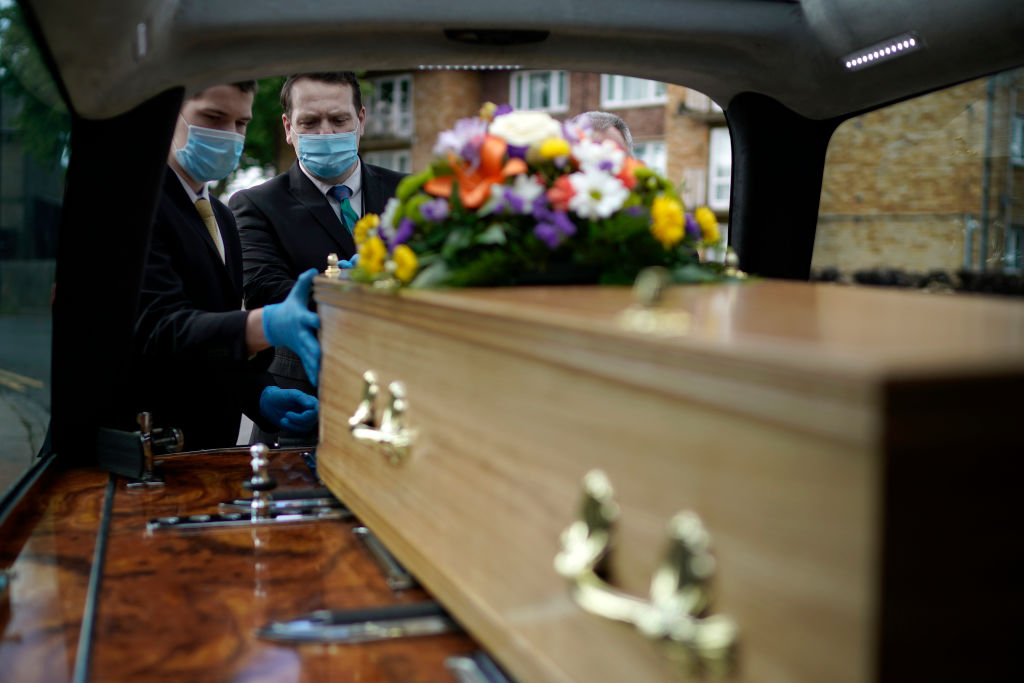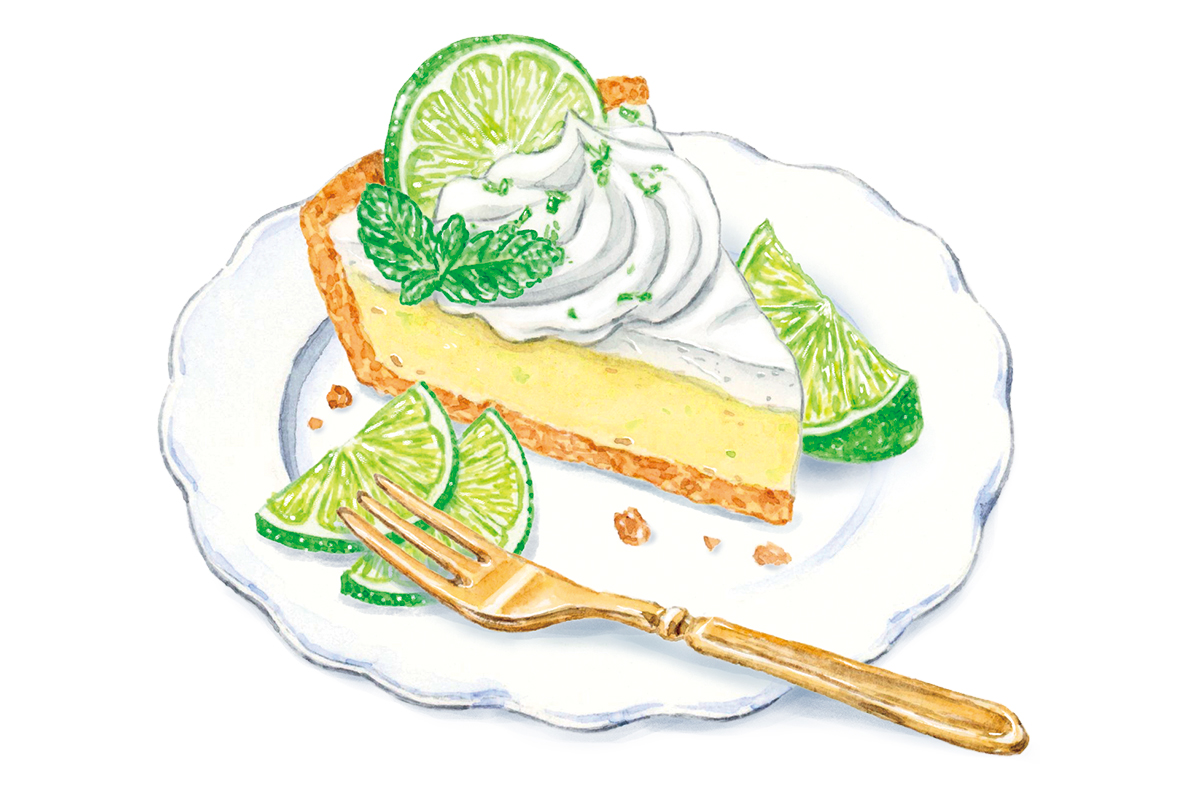It’s been a beast of a year, hasn’t it? Yesterday morning my father-in-law died of COVID in Pristina, and it’s only when it comes right home to you that you’re reminded how real and immediate the threat from that spiteful little virus is.
The reason I’m writing about this personal loss is that I worry that the whole COVID situation has been politicized, even while the vaccine is finally coming into play.
As lots of people have already observed, it’s turned into a left-right issue, with many liberals wanting to close things down and many conservatives wanting to allow the economy to function relatively normally, on the basis that lost livelihoods matter as well as lost lives.
Fair enough. But in this situation it’s not just about the state telling us what to do; it’s about us behaving with prudent restraint in the interests of the old and vulnerable. My father-in-law, who was scrupulous himself, may have picked up the virus from someone who didn’t really take it seriously: didn’t swathe himself properly at work, didn’t keep his distance, didn’t wear a mask indoors, didn’t wash his hands enough.
And it’s not just in Kosovo — where there’s a curfew at night — that you get people being innocently careless. I was at a lunch last week in a classy London restaurant where charming young people were kissing each other on the cheeks, shaking hands with strangers, not keeping their distance. And if clever and educated people can play fast and loose with a deadly pathogen, you can’t be surprised if others behave imprudently. They’ll probably be fine, these charming youths, in their health and strength, but if they carry the virus home, other people may die.
[special_offer]
In other words, can we remember the boring truth that you don’t get points for being defiant towards COVID-19; it really doesn’t care. And those who, understandably, dislike the restraints imposed by the government have an especial responsibility to be good, to be prudent, and to keep other people at a distance. It’s not rude to wear a mask, it’s not liberal control freakery to not shake hands or kiss people; it’s at the very least, good manners to wash your hands.
As for my father-in-law, he was a lovely man, Esad Dauti. He was an Albanian from Kosovo, and for his sins, he played his part in public life there. But like so many decent and respectable Albanians, he backed the losing horse. Throughout the conflict in the former Yugoslavia, he was a supporter of Ibrahim Rugova, the kindly and eirenic academic and formally elected leader from whom the Americans, and specifically Madeline Albright as secretary of state, withdrew their support after Nato intervened and the Serbs left. Instead the US government promoted and supported another leader, Hashim Thaci. He’s now awaiting charges in The Hague in connection with the conflict; crimes against humanity are the gist of it.
There is a connection between the dispiriting condition of Kosovo now and the catastrophic failures of judgment on the part of the Americans back in 1999 and I won’t go into it here. For now, let me use this bleak opportunity to offer you this unoriginal moral: carelessness costs lives. Don’t be careless.
This article was originally published onThe Spectator’s UK website.

























